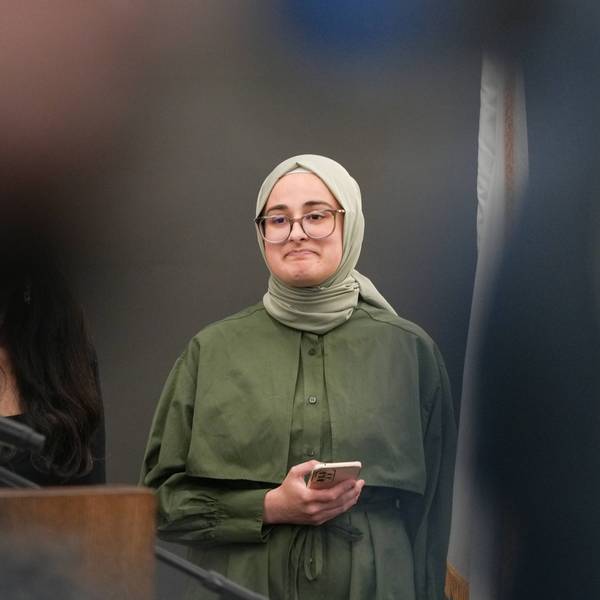Turkey has imposed a three-month state of emergency and temporarily suspended the European Convention on Human Rights as the government continues to crack down on dissent in the wake of last week's failed military coup.
Deputy Prime Minister Numan Kurtulmus said Turkey would follow France's lead on responding to issues of national security. The suspension was announced Thursday amid escalating concerns that President Recep Tayyip Erdogan would try to use the uprising to curtail civil liberties and human rights.
The state of emergency allows the president and the cabinet to rule largely by decree, bypassing Parliament to restrict or block freedoms as they deem necessary. That may include imposing curfews, conducting unwarranted searches, banning gatherings or protests, or restricting media.
As the BBC's Turkey correspondent Mark Lowen explains:
The government insists it will not affect the daily life of citizens and that the state of emergency will only root out the "virus" behind the coup. It points out that similar measures are in France since the Paris attacks last November.
[....] But given the criticism of the president for curbing both while in office, doubts persist over how an increasingly authoritarian leader will use this, especially given the recent purges.
In a televised address on Wednesday, Erdogan said he "would like to underline that the declaration of the state of emergency has the sole purpose of taking the necessary measures, in the face of the terrorist threat that our country is facing."
The "virus in the military will be cleansed," he said, referring to alleged supporters of U.S.-based cleric Fethullah Gulen, a prominent government critic whom Erdogan has blamed for the coup. Gulen has denied involvement.
About 250 people were killed and hundreds were wounded last week when troops shut down the Bosphorus Bridge in Istanbul and deployed military planes to key government buildings in Ankara. Soldiers who took part in the coup attempt later told interrogators they had been told by commanding officers it was a military exercise.
Tens of thousands of people have been arrested or fired since the coup attempt, including soldiers, teachers, judges, government personnel, and high-ranking military officials. More than 600 schools have been closed and national authorities have promised to set up "a special court for trying coup plotters" as well as "a special prison" for those convicted.
Justice Minister Bekir Bozdag said the state of emergency was a targeted effort to prevent another coup, but the announcement follows warnings from observers that Turkey's response to the uprising will be a test of its commitment to human rights.
"While the government has the complete right to hold to account those involved in the coup, the speed and scale of the arrests, including of top judges, suggests a purge rather than a process based on any evidence," said Hugh Williamson, Europe and Central Asia director at Human Rights Watch, in a statement earlier this week. "Turkey's citizens who took to the streets to defend democracy deserve a response that upholds the rule of law and protects media freedom."
As the Independent noted, "There have been concerns in Turkey that the move will see a return to the days of martial law after a 1980 military coup, or the height of a Kurdish insurgency in the 1990s."
Erdogan also said Thursday that "Europe does not have the right to criticize this decision."



